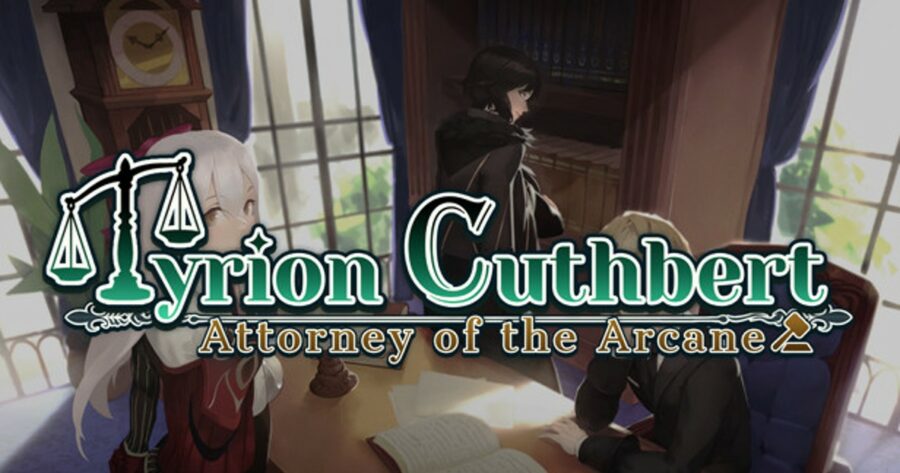On January 1, 2022, Carlos Eiene (better known by his internet username “insaneintherainmusic”) uploaded a video to his YouTube channel titled “I’m Done Being a Content Creator.” Known for his jazz covers of classic video game tracks like “MEGALOVANIA” and “Mii Channel,” Eiene’s channel currently has 400,000 subscribers and over 100,000,000 views. Despite the success that it’s brought him, he’s decided to leave it behind and move on to a new stage of his life.
I reached out to ask him some questions about the new path his career is taking. When he answers the video call, he tells me he’s come straight from working on a song for one of his upcoming projects. Despite lessening his public presence, Eiene has been busy as ever, with several new projects on his plate.
“I was dissatisfied with content creation and the life cycle that that occupation requires,” Eiene says. “Since then, I’ve had the fortune of getting a couple of game composing gigs, but also doing production work for other people, most of which haven’t really been released yet.”
One of these projects is a game called Tyrion Cuthbert: Attorney of the Arcane. It’s still in development, but the developer released a demo for it about a year ago that features some of Eiene’s work. While the gameplay is inspired by the Ace Attorney series, Eiene and his co-composer Shady Cicada have tried to set the soundtrack apart.

“I remember starting that project off and listening to a lot of Ace Attorney stuff early on and thinking, ‘should I try and copy this aesthetic?’” Eiene says. “I was like ‘no.’ It’s not really my style, you know? I’d rather just do something that’s more in my wheelhouse.” That said, he also didn’t want to just make a jazz soundtrack for the sake of making jazz, calling it a “disservice to the game.” Instead, the soundtrack to Tyrion Cuthbert strikes a happy middleground: there are live instruments that play jazz inspired arrangements, but they do it within the looping musical structure of the Ace Attorney series.
Still, it seems his skill set fits this new type of project perfectly. As he mentioned some of the compositional tools he was using to write new songs, it quickly became apparent that these were also techniques he used on his YouTube channel, just in different scenarios. For example, he spoke about writing for a Tyrion Cuthbert character named Celeste. As her theme pops up in different sections of the game, the harmony underneath shifts to change the tone of the song. Known as “reharmonization,” this technique is also the backbone of many jazz covers, which takes a familiar melody and changes the harmony underneath to create something entirely new. Eiene may be taking a new step in his career, but it’s more than a leap of faith: it’s a role he’s been preparing for for years.
Now that he’s writing his own music for games, I ask him if his opinion on a “good video game score” has changed. In response, he bursts into laughter and says, “Man… how hot do I want to make this take?”
Immediately, he draws a line between “soundtrack” and “score.” While the two words are often used interchangeably, they can mean different things depending on the context. When it comes to film, “score” is the term that describes the music that plays in the background of the movie. “Soundtrack” can mean the same thing, but it can also refer to an album of licensed songs used in a movie. In the context of a video game, Eiene says the difference between a soundtrack and a score is the “prevalence of melody.”
“When I think of some of the greatest video game music of all time, I go to things with melodies,” he says. “The Super Mario Brothers theme, right? “Dire, Dire Docks” from Super Mario 64. “Dragonborn” [from Skyrim]… if I’m going to write a soundtrack, I want it to be something that people can remember and sing.”
He says that the greatest modern example of this is the music from Toby Fox’s Undertale. Even when used as a meme, a track like “MEGALOVANIA” has widespread cultural significance. Eiene recalls a time when his neighbors’ kids were playing outside, loudly playing the song on their phone. He thought, “What world do I live in where a battle theme from a video game is being blasted outside?”
Games with a “score” aren’t necessarily worse, but not something Eiene is as interested in writing. “I still get requests, even though I stopped making videos,” he says. “No one has ever requested anything from Elden Ring to me, except maybe like the title theme. Does that mean Elden Ring is a bad game? No. Does that mean it has a bad score? No. I just think there’s some identity missing.”
To Eiene, identity and personality are important parts of any piece he writes. This was even true when writing covers. Even though he wanted to preserve the story of the original piece, he found ways to express himself in the arrangement and the performance. Now that he’s moving onto his own original projects, he says, “I’m embracing the fact that my thoughts and my stories are worth telling.”
Just a few weeks ago, a new video appeared on the insaneintherainmusic YouTube channel. In it, Eiene celebrates his channel’s ten year anniversary and announces a brand new project: Insane In The Rain, an album of original music that he calls “new, personal, and authentic.” He’s released original singles before, but this is the first time he’s created an entire project of songs just for himself.

After years of arranging music from other video games, Eiene says he’s writing these new songs as if they’re from a video game based on his life. For example, “Luminaire,” the second song on the album, is named after a move from the game Chrono Trigger. When you use Luminaire, the protagonist Crono floats up in the air and radiates a blast of light to deal damage.
“To me, that is a representation of the song and what it’s about,” Eiene says. “The song is about people recognizing that everyone has that kind of light, everyone has a gift they could offer the world.” It seems that for Eiene, this metaphor extends to the album as a whole; he’s redefining himself based on his own light, not the work of others.
“Writing this original album for me has been [about] finding my sound outside the context of video game covers.” Eiene says his “true compositional style” falls somewhere between a traditional JRPG sound (he listed Pokémon, Octopath Traveler, and Xenoblade as examples) and a jazz fusion sound (Eiene’s favorite band is a group called Snarky Puppy). He says one instance of a sound like this is “Aurum Island” from Kid Icarus: Uprising, but that true examples are few and far between.
As far as what his long term future looks like, Eiene is unsure. He says his dream project would be to work on a series from his childhood (something like Pokémon), but he’s not sure when or how that could even happen.
“I’m excited to know where I am in five years from now,” Eiene says. “Right now, I feel like I’m on a long road trip. I know my immediate next destination, I have enough gas to get there, but I don’t know where we’re going after that night.”
Eiene knew he wanted a change from his YouTube life, but it’ll be a while before he reaches the personal success he’s searching for. I ask what success means to him, and he pauses. When speaking about music and video games, Eiene is quick to answer, but not this time. He stops to collect his thoughts before answering, which he does sincerely.
“Success is knowing that there will always be good and there will always be bad. There will always be success and not success. Being extremely okay with that and just letting that happen… I think that is a form of success. Now, I say that being a 24 year old monkey-brained human who will most definitely not be doing that to its fullest extent, but I think it’s useful to remember.”
At this transitional time in his life, Carlos Eiene is thriving by rolling with the punches and making things up as he goes. After all, he’s a jazz musician: improvisation is one of his greatest skills.
If you want to listen to Insane In The Rain, it will be released on October 21, but it’s available to pre-order now. He’ll also be releasing a single from the album every two weeks, including “Luminaire”, which is out today.



